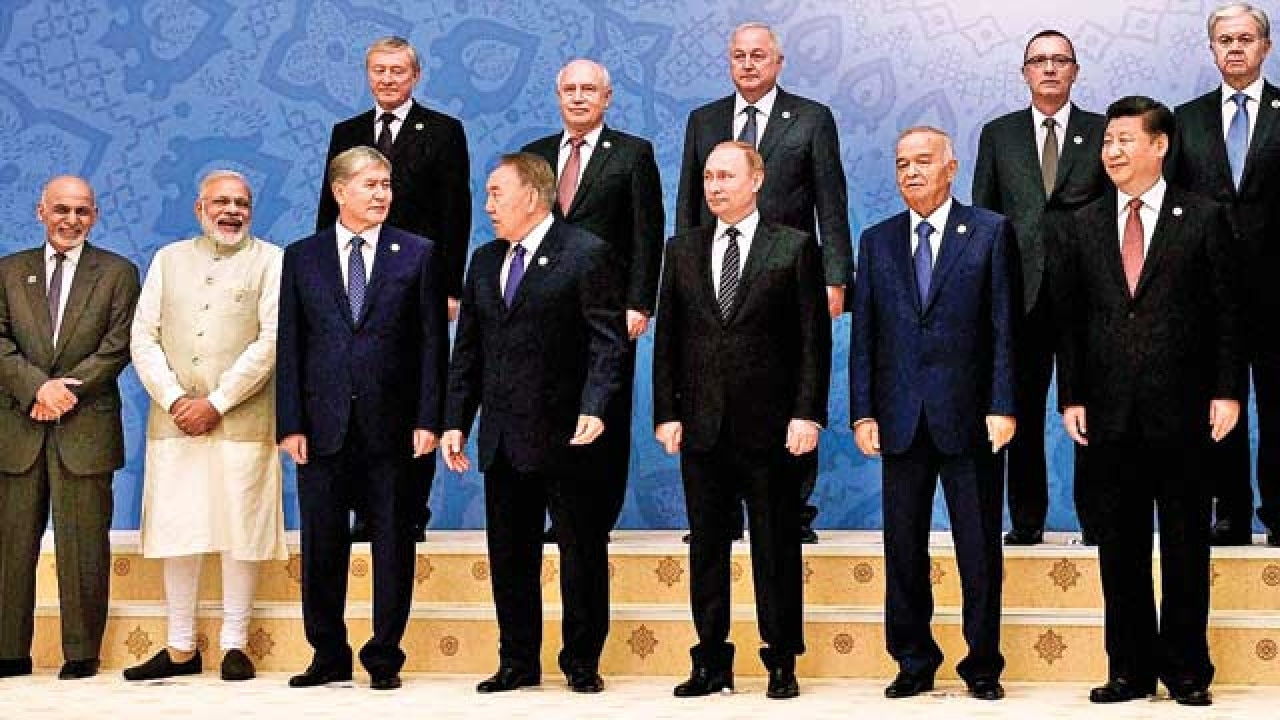
In the end it went right down to the wire. And Indian diplomacy covered itself in glory with the way it handled this complex engagement. New Delhi openly took on China in a manner few states have dared in recent times. By so doing it has laid down new terms for global politics and set new parameters for Indian foreign policy. India failed to secure a seat at the Nuclear Suppliers Group (NSG) but Indian diplomacy never looked more self-assured and confident. India has made its intention clear of playing in the big league and the world has taken note.
Yet those who understand diplomacy to incessantly chant the mantra of non-alignment only see failure in this and that too the failure of one man — Prime Minister Narendra Modi. Terming the developments at the NSG meet in Seoul as an “embarrassment” to India, the Congress has advised the Prime Minister to realise that diplomacy needs “depth and seriousness and not public tamasha.” This is a strange indictment without recognising the imperative for India of making a push at this moment in time. The Obama administration is in its last year and after completing the formalisation of the civil nuclear deal with the US, New Delhi made a logical calculation of making a pitch for the NSG membership. As it happens, India’s entry into the 48-member NSG, whose members can trade in and export nuclear technology, emerged as the latest battleground in the growing Sino-Indian contestation. New Delhi has pointedly referred to “procedural hurdles persistently raised by one country” behind the NSG impasse as China refused to even allow a discussion on India’s candidacy. There were other hold-outs as well but their concerns were largely handled by the Indian diplomats.
Where the US and other supporting members called for India’s inclusion based on New Delhi’s non-proliferation track record and the US-India civil nuclear accord, China made the NPT signature its central argument to scuttle India’s’ entry. Beijing claimed that a “compulsory” requirement for NSG membership is that “the NSG members must be signatories to the NPT.” Apart from the rhetoric about the NPT, China has also encouraged Pakistan to apply for NSG membership so as to link New Delhi’s entry with that of Islamabad’s, knowing well that there will be few takers for Pakistan’s case.
Though Beijing indicated that it would “play a constructive role in the discussions on India’s NSG membership,” it used procedural delays to rebut India’s case. Taking a swipe at the US, Beijing has argued that “the US is one of those who made the rule that non-NPT countries should not join the Nuclear Suppliers Group”. Pakistan, meanwhile, has already claimed that it has “successfully” blocked India’s bid to gain membership of the NSG. The US struck back by revealing that entities of the Pakistan Energy Commission (PAEC) have been continuing to supply restricted Items and equipment with a direct bearing on the production of nuclear weapons to North Korea in violation of UN sanctions and China has tried to keep this information secret so that it doesn’t jeopardise Pakistan’s NSG bid. All to ensure that India does not get an entry into the NSG!
Indian diplomacy can claim credit for setting the contours of great power politics today even as it pursues Indian interests with a singular clarity. This is a tribute to Modi government’s deft handling of foreign affairs. It has managed to energise a risk-averse ossified bureaucracy, a bureaucracy that goes into spasms of hyperventilation just hearing the term ‘lateral entry.’ Indian foreign policy bureaucracy is today realising that a new form of ‘lateral entry’ has forced it to shape up and that’s the entry of Modi and his foreign policy team. Modi’s style of foreign policy has been so disruptive that a new paradigm of foreign policy is being created which will have long-term implications. Those who criticise that Modi has only brought in a new style of Indian diplomacy and no substantive change has been in the offing should now recognise that stylistic changes in foreign policy have their own logic eventually leading to a new conceptualisation of state power.
As India’s dynamic diplomacy on the NSG issues underscores, Modi’s style is already having a significant impact and will gradually end up overturning long-held shibboleths of Indian foreign policy. If India had succeeded in getting an entry into the NSG, it certainly would have been a feather in the cap of the Modi government. But even in its failure due to China’s obstinacy, it has revealed to the world and Indians that China has no intention of accommodating Indian aspirations. For India’s traditionally conservative foreign policy, it’s not a bad place to be in. India is finally proactively shaping global outcomes, not merely reacting to the actions of the others.
Inevitably, there will be setbacks but that’s the only way to make one’s presence felt in an increasingly complex strategic milieu.